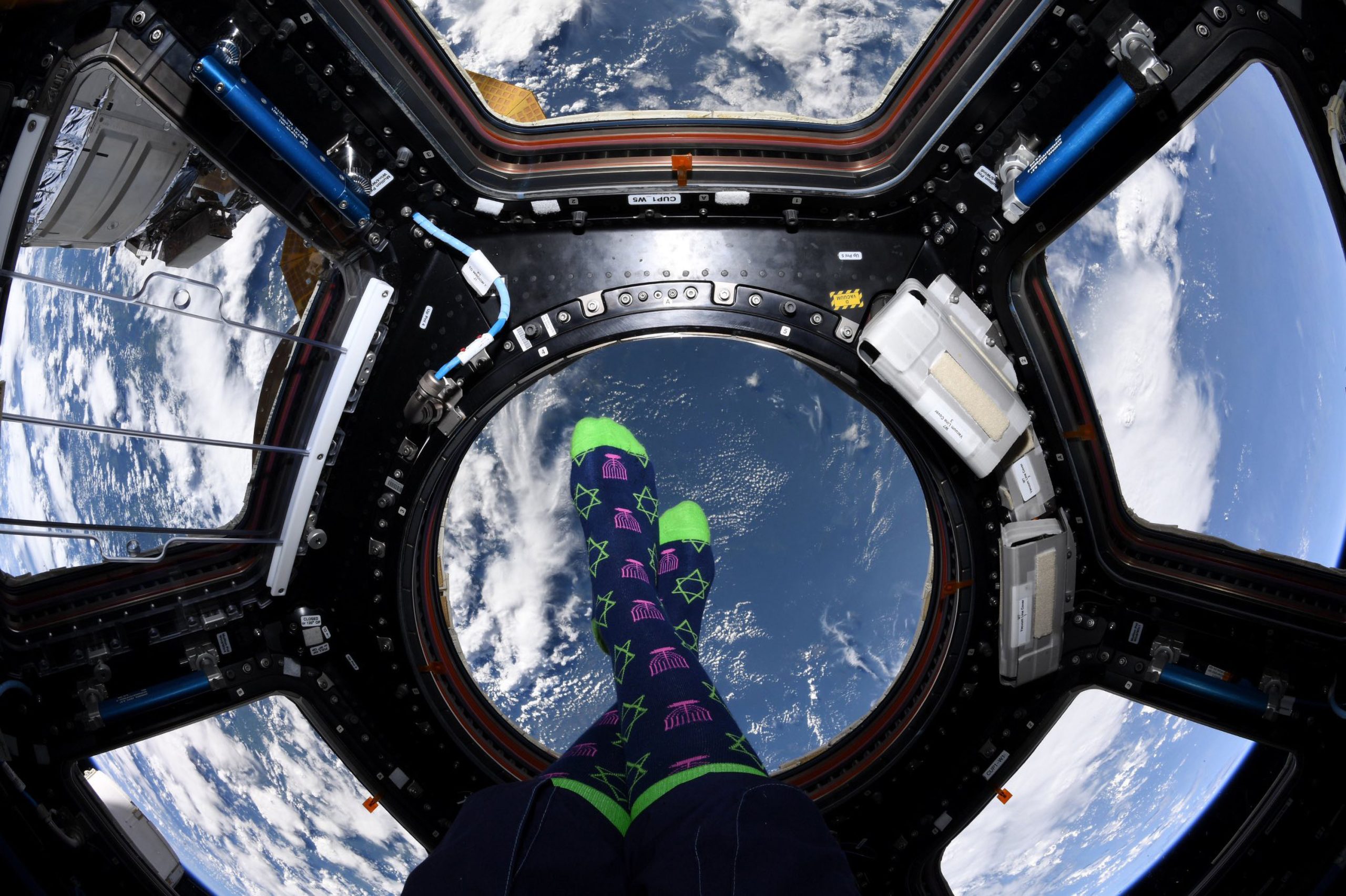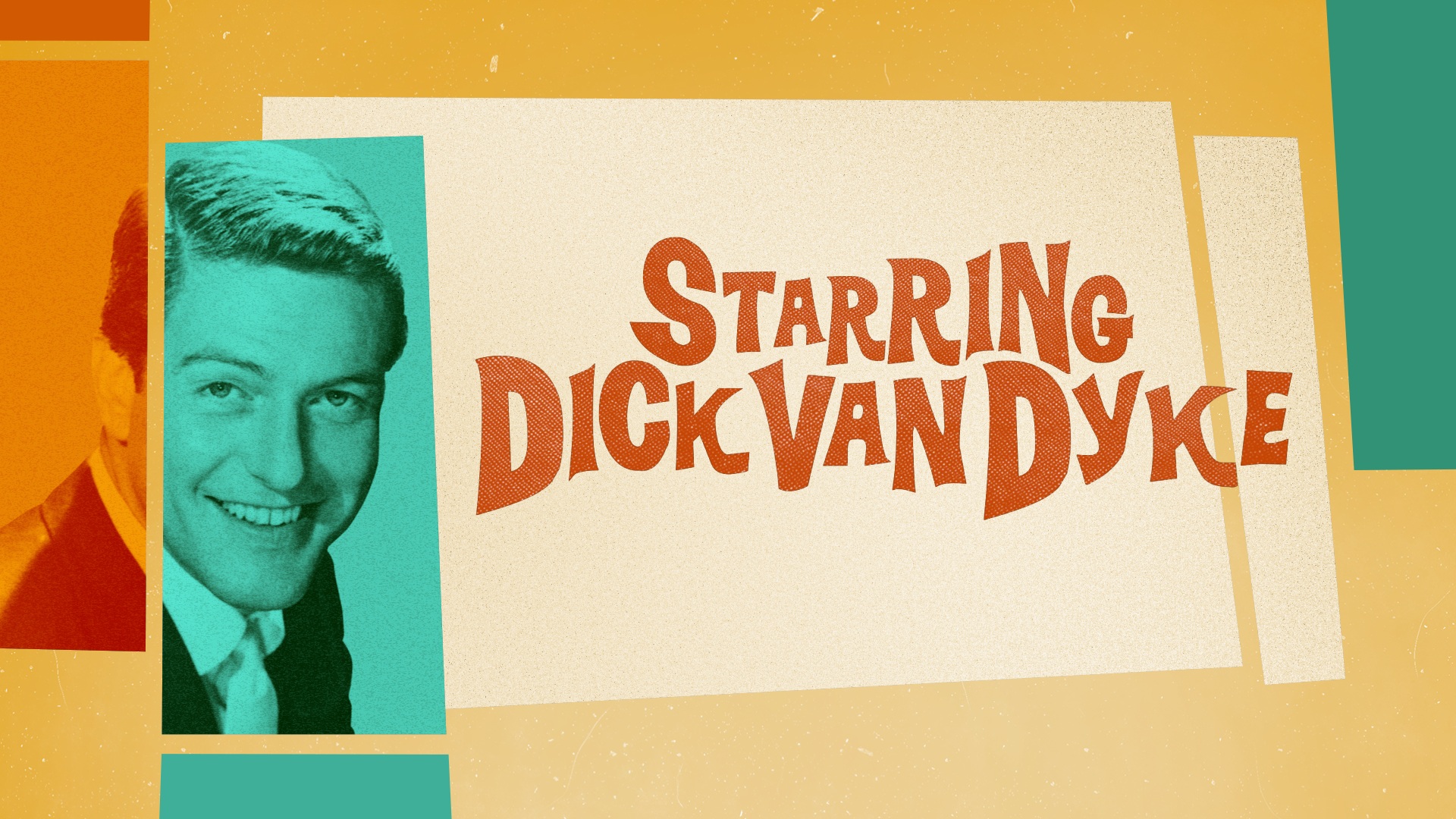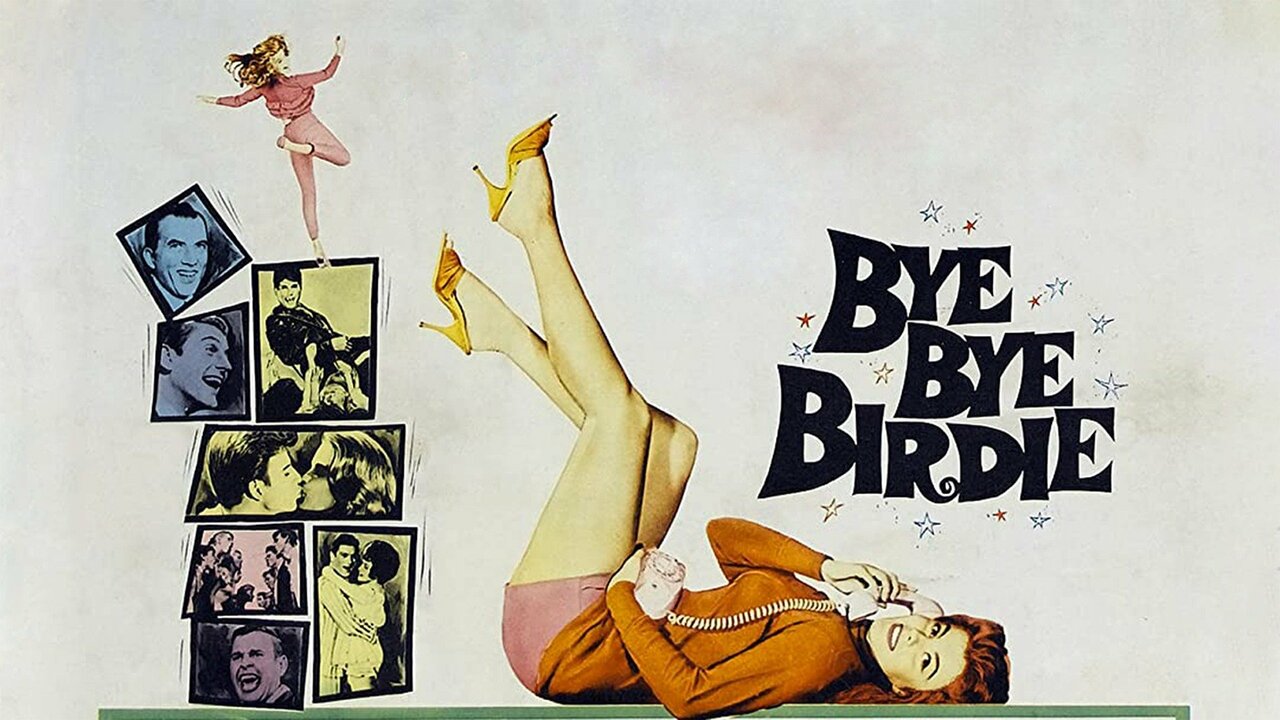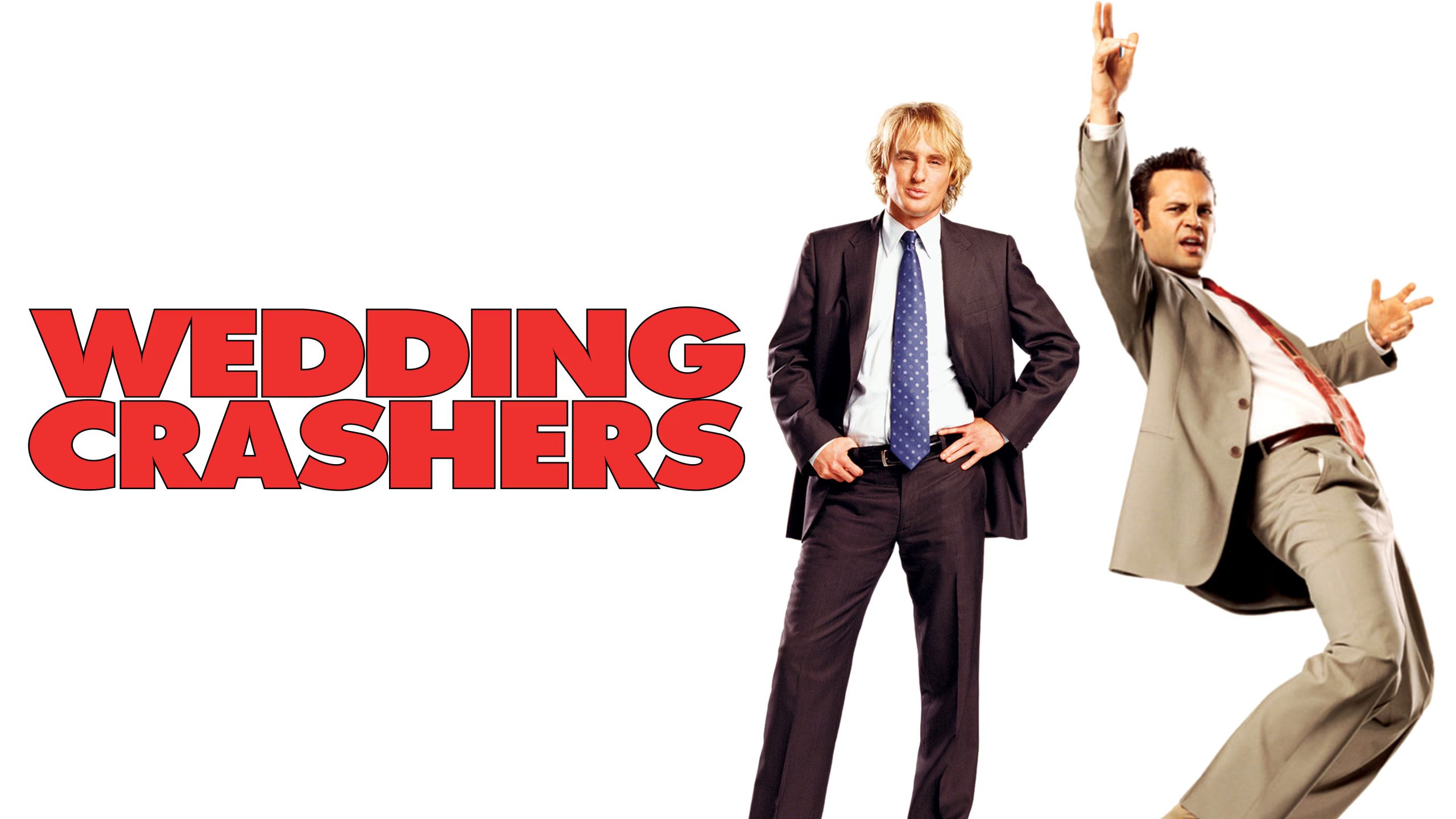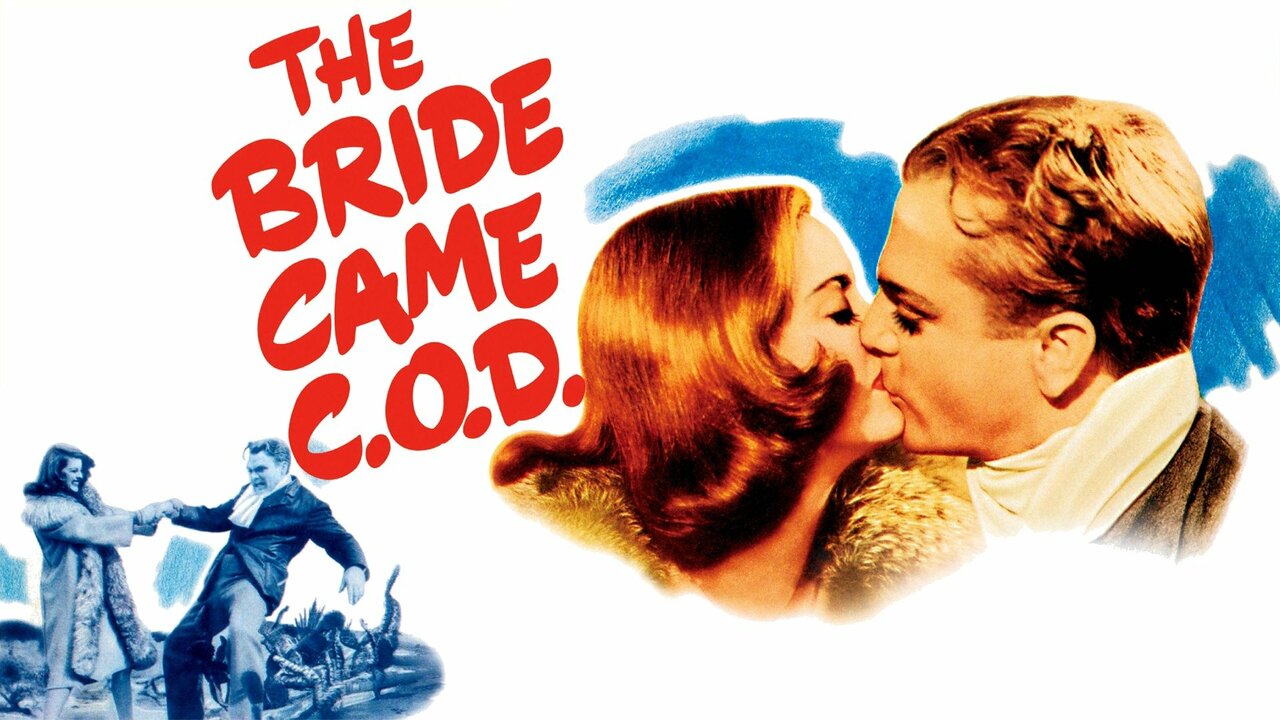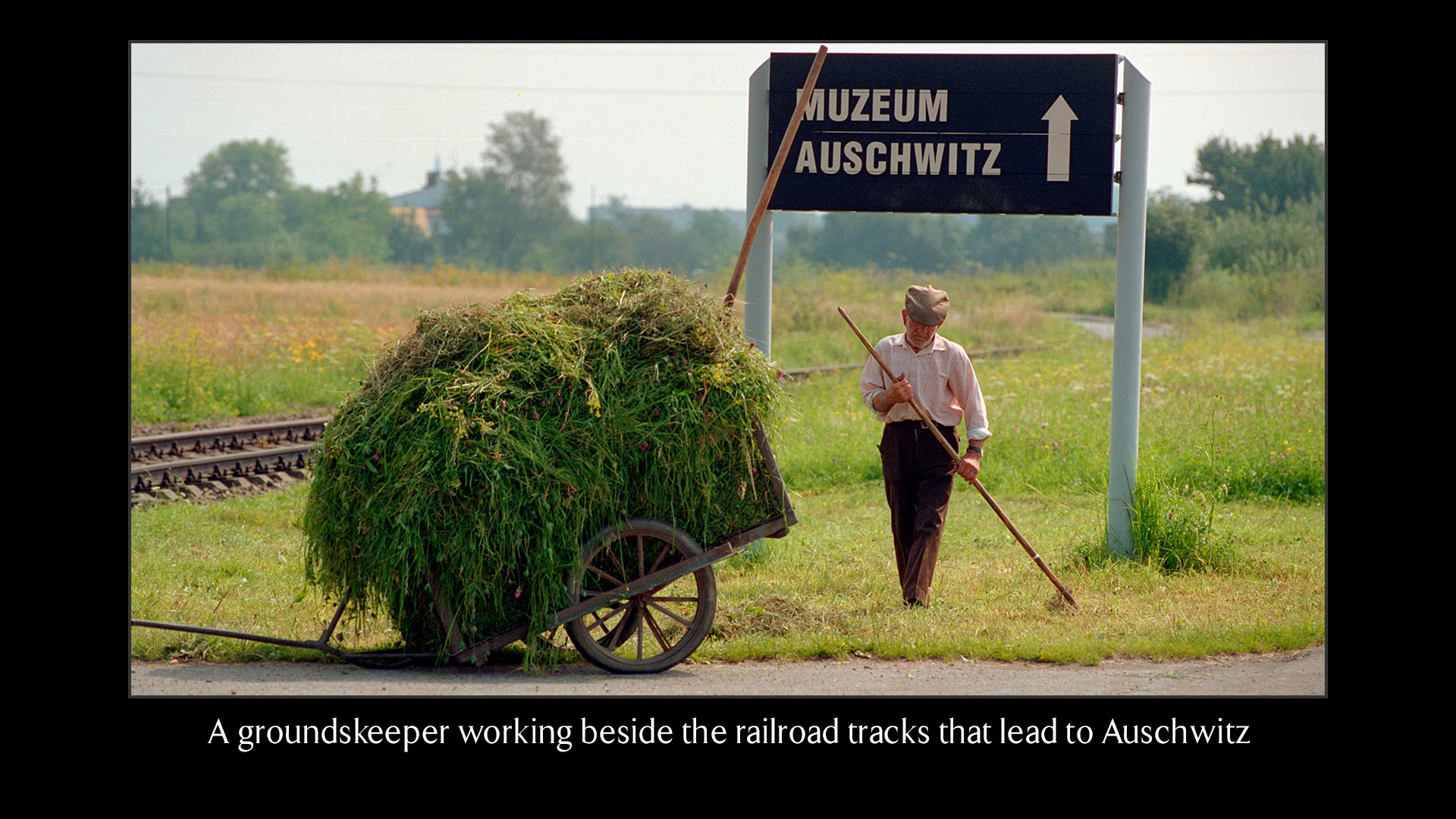
James Moll, Founding Executive Director of the USC Shoah Foundation and Academy Award-winning filmmaker, spoke about The Last Days.
The Last Days was recently remastered and released on Blu-ray last month. As of today, the Oscar-winning film is also streaming on Netflix. The film follows Hungarian survivors of the Holocaust: Bill Basch, Renée Firestone, Dario Gabbai, Congressman Tom Lantos, Alice Lok Cahana, and Irene Zisblatt. American veterans include Warren Dunn, Katsugo ‘Kats’ Miho, and Dr. Paul Parks. Historians appearing in the film include Michael Berenbaum and Randolph L. Braum.
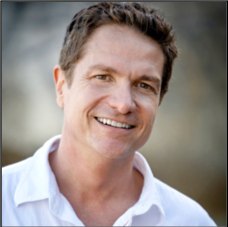
How long did it take to remaster the film and did this process get impacted by the pandemic?
James Moll: It took a while to find all of the original 35 millimeter elements and then to have them scanned and cleaned. We had to completely readjust the color for the whole movie because we went back to the negative. The whole color grading process had to take place again but it was fun. It was so interesting to go back and see from the negative—a 4K scan—because I’ve seen the movie quite a few times over the years and I’m seeing things I’ve never seen before. I’m seeing details in the background and experiencing in a different way. It did take a while but it was worth it.
I was at FotoKem, the post-production facility here in Burbank. I churned out a lot of projects over there over the years. It’s always bustling with activity because FotoKem is a hub for so many TV shows and movies and nobody was there. They were very careful about Covid screening and I was tested regularly. It was only myself and the colorist in the room wearing masks. We were very, very careful but we were still able to get the job done.
In telling the stories of five Hungarian survivors, how were they chosen for the film?
James Moll: Before making the film, I was one of the founding executive directors of the Shoah Foundation, an organization of videotape and archive Holocaust survivor testimonies. We had, by this time, many, many Holocaust survivor interviews in the archive. I went through and watched—I don’t remember how many. Many! I watched a lot of Hungarian Holocaust survivor testimonies trying to find people who had—well, they were telling the same story because they were all in Hungary but they had different backgrounds and different experiences. I was hoping to find with the five people together that they would be able to tell the story of someone who is in a small village versus someone who’s in the big city in Budapest, a man versus a woman, trying to get different perspectives on the same story. It was a long process to choose the five survivors but ultimately, we did. We were fortunate to find five people who could so eloquently tell one story.
I have to say that the Shoah Foundation is hands-down Steven Spielberg’s greatest legacy—even more than his films.
James Moll: I think he would be very happy to hear you say that. I think he would be very happy to say that. I mean, I don’t want to speak for him so I don’t know if he has a favorite movie or what he considers his legacy. I know that the Shoah Foundation is very important to him. In fact, when we were starting the foundation, he wasn’t working on any films. He focused all of his time professionally to the Shoah Foundation and that was really impressive to see. It clearly meant a lot to him.
What were the biggest challenges in making this film?
James Moll: Well, there’s a psychological toll it takes to delve so deeply into such dark subject matter. That’s always challenging. Of course, it’s nothing compared to what the people actually lived through. So for everything I could be feeling or thinking I’m feeling during the making of the film, it’s really nothing compared to what people actually felt and went through during the Holocaust. Then there’s the responsibility to make sure the story is being told accurately and that we’re really doing justice to the testimonies that the survivors are giving us. That’s always a challenge.
And then, of course, the production challenges. We shot this on film and it was 1998. Maybe we were shooting an end in 1997 with film cameras traveling all over the world. And so from a production standpoint, logistically, it was tough, too. But I wouldn’t say overall, this was a challenge. At the time, I felt very honored to be working on it. I loved meeting the survivors. I love getting to know the survivors as if they were my own family members. It meant a lot to me at the time and I recognized that. I never felt like, Oh, this is a burden., this is a challenge, this is difficult, or this is work.
How did you first get an interest in the Holocaust and wanting to tell these stories?
James Moll: Well, that’s a great question because you’re talking to someone who grew up Catholic and really didn’t have any direct connection to the Holocaust, relatives or any survivors. I was working for Steven Spielberg and I was making videos and smaller, sort of less consequential, less important things. He was finishing up making Schindler’s List and he was talking about how so many survivors were asking him, when are they going to make their film and their story? They all have stories to tell and he realized that. We talked about what could be done. It really came from there.
Once we started working on the Shoah Foundation and videotaping Holocaust survivors, I started to get to know survivors, personally, and started to feel perhaps not too as much as an extent as when I made the film but when I was doing the Shoah Foundation, I did start to understand their stories as if they were my family members telling me the stories and I did have a very, very strong personal connection to them. When this opportunity came up and we said, Okay, now we’re going to make another documentary. This is our second documentary or third—I can’t remember—at the Shoah Foundation. At the time, I said, I want to direct this one. I feel this. I have to do this. I already had a background in filmmaking so it wasn’t a stretch. I was a filmmaker. I didn’t think twice about tackling a subject that was relatively new to me to be honest. Any, that’s a good question. It’s a much bigger answer than the one I just gave but I already know I was rambling enough so I’ll stop.
How honored were you to win an Oscar for the film?
James Moll: I felt very honored to win an Oscar and to be recognized by my fellow filmmakers. I know it meant a lot to the survivors as well because it also meant that it would draw attention to the film and their stories would be out there even more. Yeah, so that was a big day. I didn’t expect it even after we had been nominated but it made me very happy. Yeah, it was an honor. That’s a good way to put it.
I couldn’t help but notice that you’ve also won an Emmy and Grammy. What do we need to do to get you a Tony?
James Moll: Well, do you have an idea for a Broadway show that we can jump into? (Laughs)
Not really.
James Moll: That’s so funny that you say that because people use the term EGOT all the time now. You’d expect them to be in groups. It’s like, Really? It’s not enough to do what I’ve done—I gotta go get that fourth one! But I don’t see any path to getting the Tony at this point but you never know. I didn’t expect the Grammy either. Actually, I didn’t expect an Oscar either. I didn’t expect an Emmy either. I didn’t expect any of them. You never know.
What do you hope people take away from viewing the film?
James Moll: Everybody takes away something different. I think everybody takes away a greater understanding of what we as human beings have in us—the capability we have in us—not just for tremendous good but for tremendous bad. What we’re capable of doing to our fellow man. I mentioned the good as well because I think that’s important. I think the film also focuses on that. It focuses on some of the positive things in their life. I remember some people didn’t like the fact that the film ends with how many of these survivors were able to rebuild their lives because it said it’s putting a positive spin on things. I certainly didn’t see it that way because they actually really did rebuild their lives and they truly want to put out there that there’s a positive that can come from something really negative. But in order for that to happen, people need to acknowledge that this happened. I think that that’s one thing that anyone who watches this film will come away from it with. I hope so anyway.

